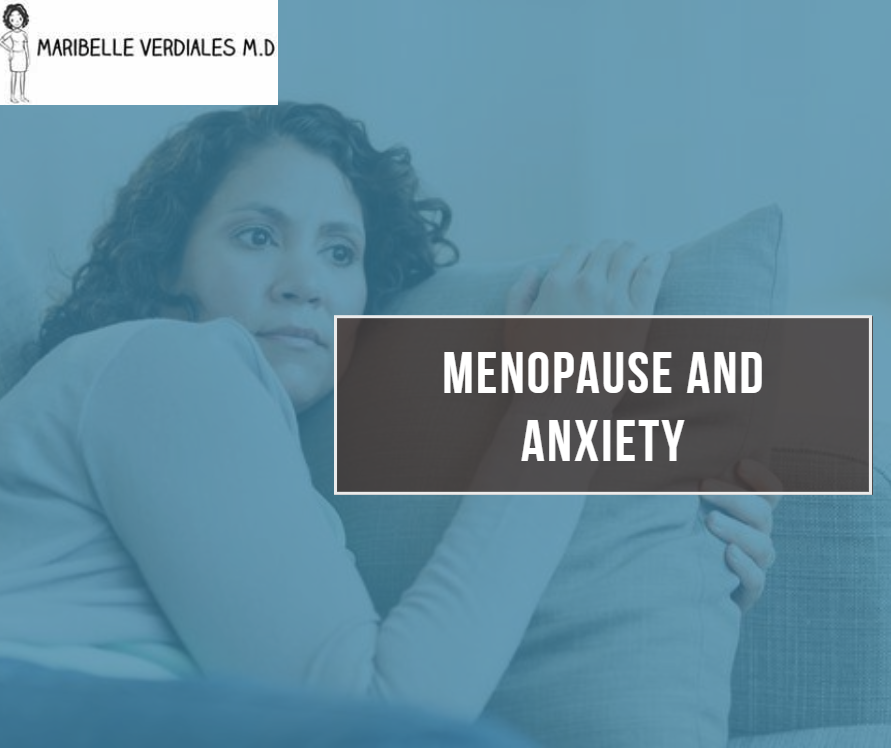Menopause.
Yes, it takes away your period—for good. And considering that the average number you’ve had in your lifetime hovers somewhere around 450, you might be happy to say bye-bye.
But, in return, menopause ushers in some other things you might not be so happy about anxiety, depression, mood swings, panic attacks. That wild roller coaster of high-pitched emotional craziness. If you suffered PMS back in the day, this is PMS on steroids; a newer—yet hardly improved—version.
Estimates vary on just how many women experience psychiatric problems during menopause. But that number hardly matters when you’re the one who feels like you’re losing your mind.
So, what IS the connection between menopause and anxiety? Is it coincidence, or is it related to changing hormones?
Women in perimenopause are “more likely to experience panic attacks … than other women of the same age who are pre- or postmenopausal.”
Around the time of menopause, there are other stressors—which can add to a woman’s anxiety. When you consider things like caring for aging parents, dealing with an empty nest, brain drain and dealing with the symptoms of menopause like sleeplessness, hot flashes, joint pain and other body changes, it’s a miracle we are staying on the right side of sanity.
The good news? Once menopause passes, many women find their anxiety decreases. Margery Gass, MD, former president and executive director emeritus of the North American Menopause Society, is reassuring: The mood swings are temporary. About one year after your period is gone, you’ll settle into a “new plateau” of emotional comfort, she says.
Despite the ongoing debate—Does anxiety cause an increase in common menopause symptoms like hot flashes and sleep problems? Or do those symptoms cause anxiety?—the connection between menopause and anxiety is irrefutable.
Until your mood swings lessen in the postmenopausal stage, you can manage your symptoms with some positive things like:
- A healthy diet
- Plenty of exercise
- Stress management
- Girlfriend bitching sessions
- Advice or help from your healthcare professional (there are options!)
This post originally appeared on mysocalledmidlife.net.



